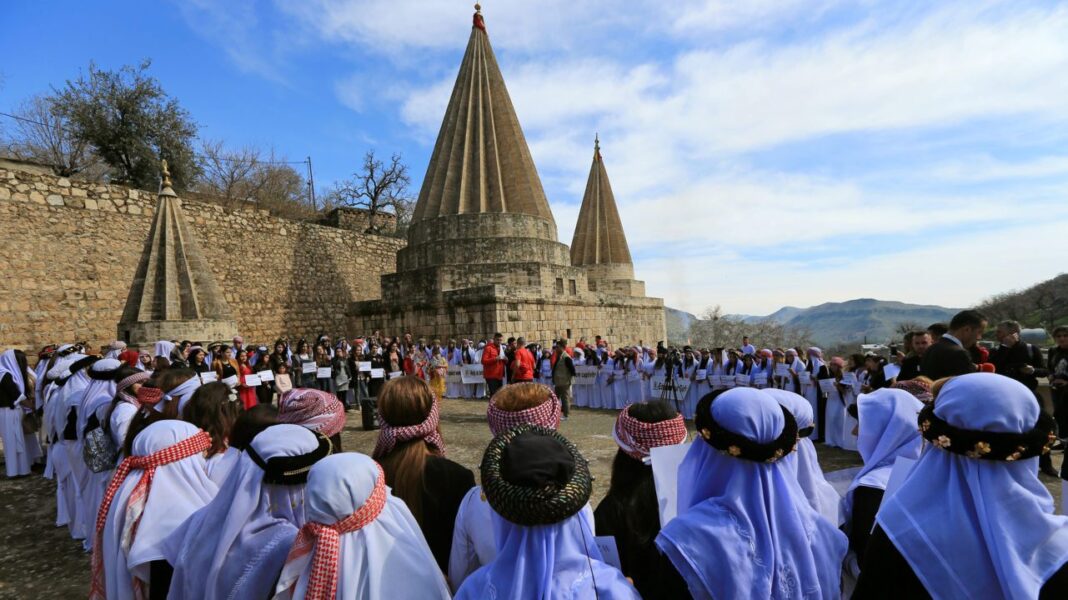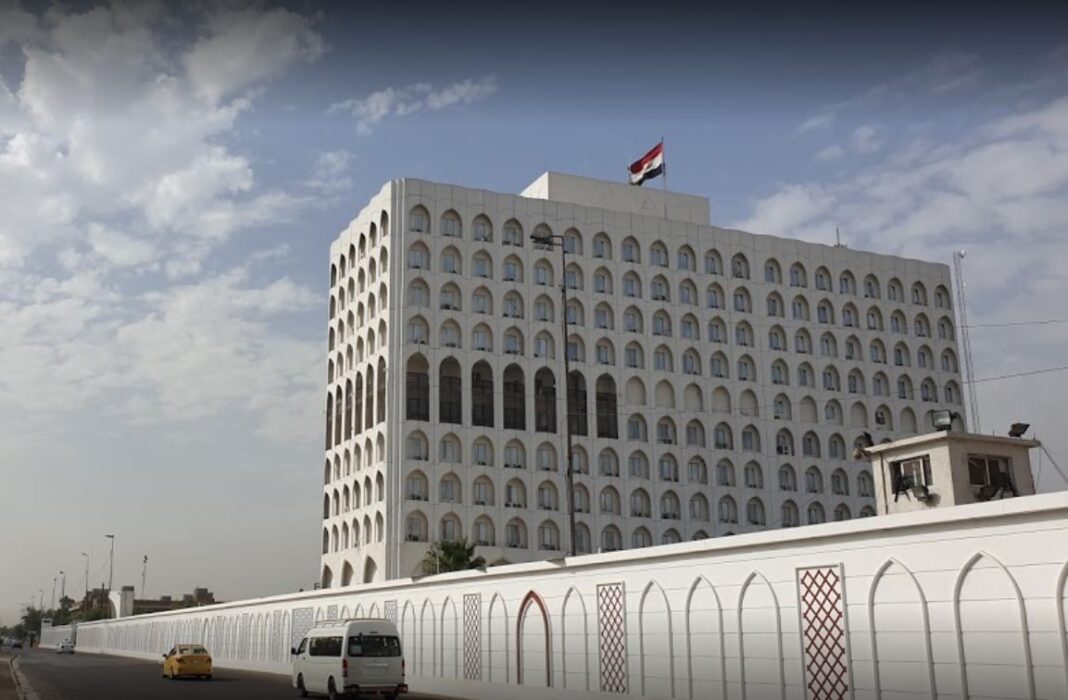Yazidi genocide justice remains a critical issue for Iraq. On the anniversary of the Sinjar massacre, Iraqi officials renewed their call. They urge the world to formally recognize the 2014 assault on Yazidis as genocide and crimes against humanity.
The Foreign Ministry strongly condemned the violence, which included killings, kidnappings, and abuse against minorities. It also stressed Iraq’s ongoing commitment to find the missing and support survivors. Furthermore, the ministry highlighted its partnerships with humanitarian groups. These collaborations focus on rescuing abductees and helping rebuild the Yazidi community.
On August 3, 2014, ISIS militants launched a brutal attack on Sinjar, a Yazidi region in northern Iraq near the Syrian border. The assault caused mass suffering. ISIS committed genocide, war crimes, and crimes against humanity, according to the United Nations Office of the High Commissioner for Human Rights.
ISIS enslaved women and girls and subjected them to sexual violence. They forced boys into military training and suicide missions. ISIS abducted thousands and relocated them to Syria
Moreover, Iraqi Parliament Speaker Mahmoud al-Mashhadani urged the government to step up efforts to locate the missing. He also called for faster exhumation of mass graves and, importantly, full enforcement of the Yazidi Survivors Law. Passed in 2021, this law provides vital support for women enslaved by ISIS.
Despite years passing since the attack, Iraq continues to press for justice. Iraqi embassies worldwide advocate for global recognition and action. Officials emphasize that mere words are not enough; accountability and reparations are vital.
Indeed, Yazidi genocide justice is more than a demand—it is a promise to survivors and a warning to the world. Iraq aims to keep this issue alive to prevent future atrocities and protect vulnerable communities.
Despite ongoing challenges, Iraq remains steadfast in its pursuit of justice for the Yazidi community. The government believes that international support is essential to heal wounds and rebuild trust. By promoting awareness and accountability, Iraq hopes to ensure such atrocities never happen again. Global solidarity remains crucial in this effort.



